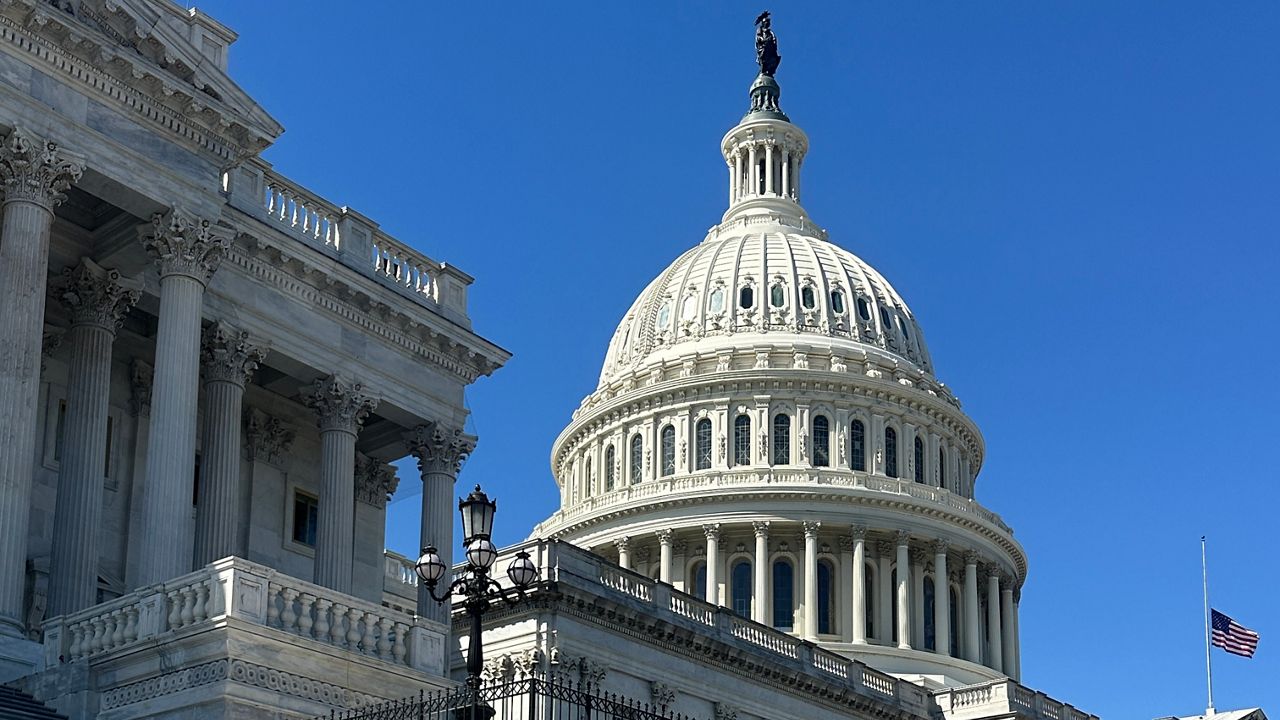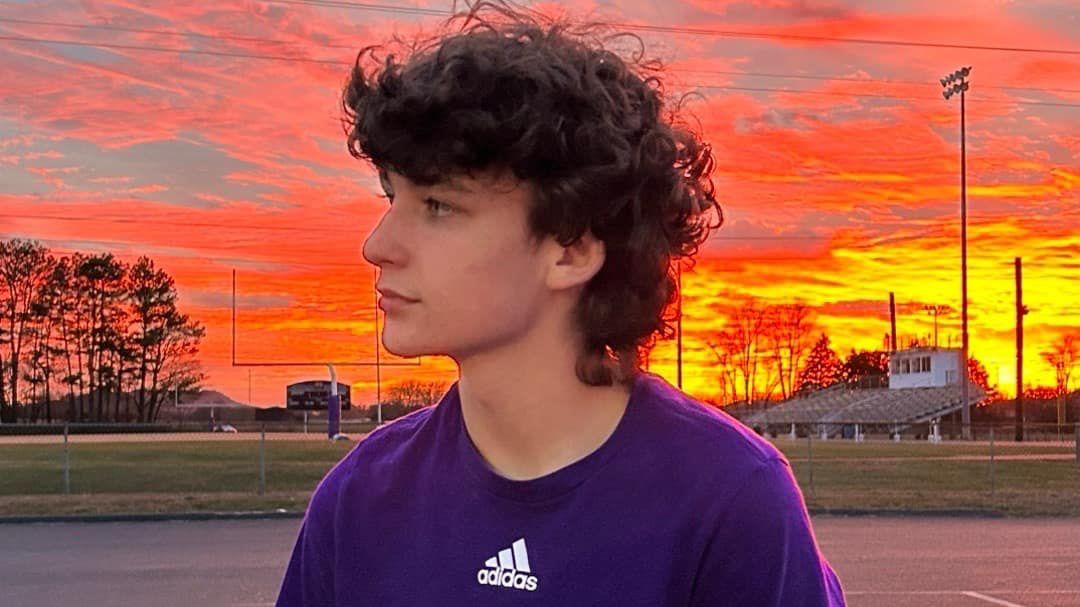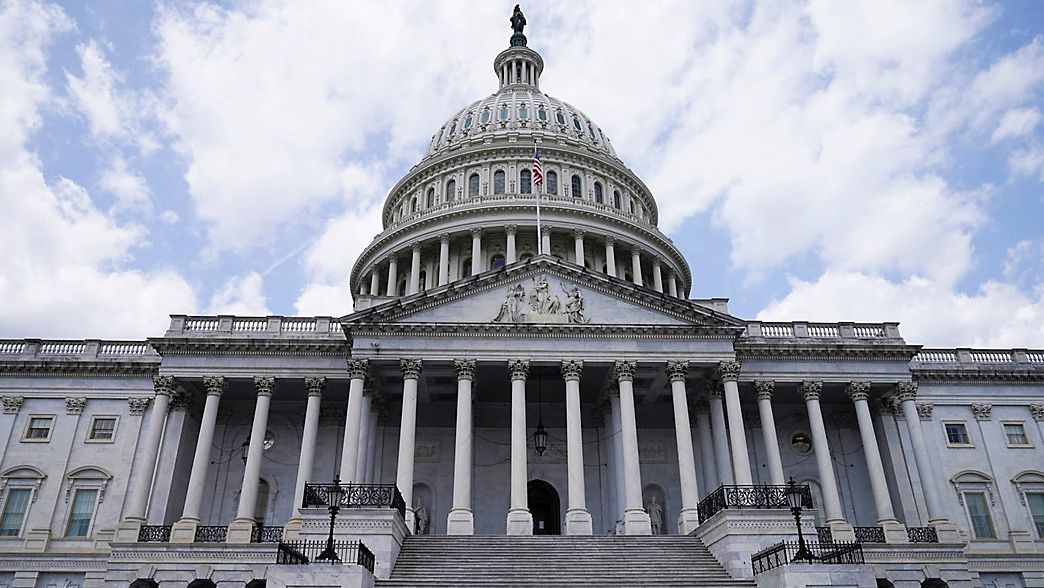Emergency risk protection orders: They are laws that temporarily remove firearms from the possession of a person who may be experiencing a mental health crisis. Supporters of these measures say they help prevent those in crisis from harming themselves or others.
These orders are commonly referred to as red flag laws. Opponents of them believe they infringe on the Second Amendment.
Soon, Kentucky lawmakers from both sides of the aisle intend to file a bill that would create one of these systems.
Across the country, 21 states and Washington D.C. have implemented some form of an emergency risk protection order. Indiana is one of those states — which passed its law in 2005.
One study associated a 7.5% drop in firearm suicides in the decade after the Indiana law was passed.
David Pucino, legal director for the Giffords Law Center to Prevent Gun Violence, explains similar results have been found in other states too.
“Yeah, extremist protection orders have been shown to be really effective at reducing gun violence and in particular reducing suicides,” Pucino said. “When these policies are implemented effectively, when people know about them, when they have the avenues available to use them. They do, and they use them in ways that take guns out of the hands of people who shouldn’t have them in particular moments.”
Nationally, exactly how these orders are enacted differs. Some states, like Indiana, only allow law enforcement to begin the process of enacting an order. Other states allow family or coworkers to petition the police for one.
Exactly how this process will work in the proposed Crisis Aversion and Rights Retention bill here in Kentucky is unclear as the bill’s language has not been made public.
The Giffords Law Center believes this kind of legislation doesn’t restrict the rights of law-abiding gun owners.
“We all know people who are perfectly responsible gun owners, but we also know that people can endure moments of crisis where they don’t act the way they normally do when they are at risk of doing things they never normally would,” Pucino said. “And so this is an avenue that doesn’t restrict the rights of gun owners at large, but provides a path to keep people safe when they’re in those moments of crisis.”
Kentucky lawmakers begin the 2024 legislative session on Jan. 2.










